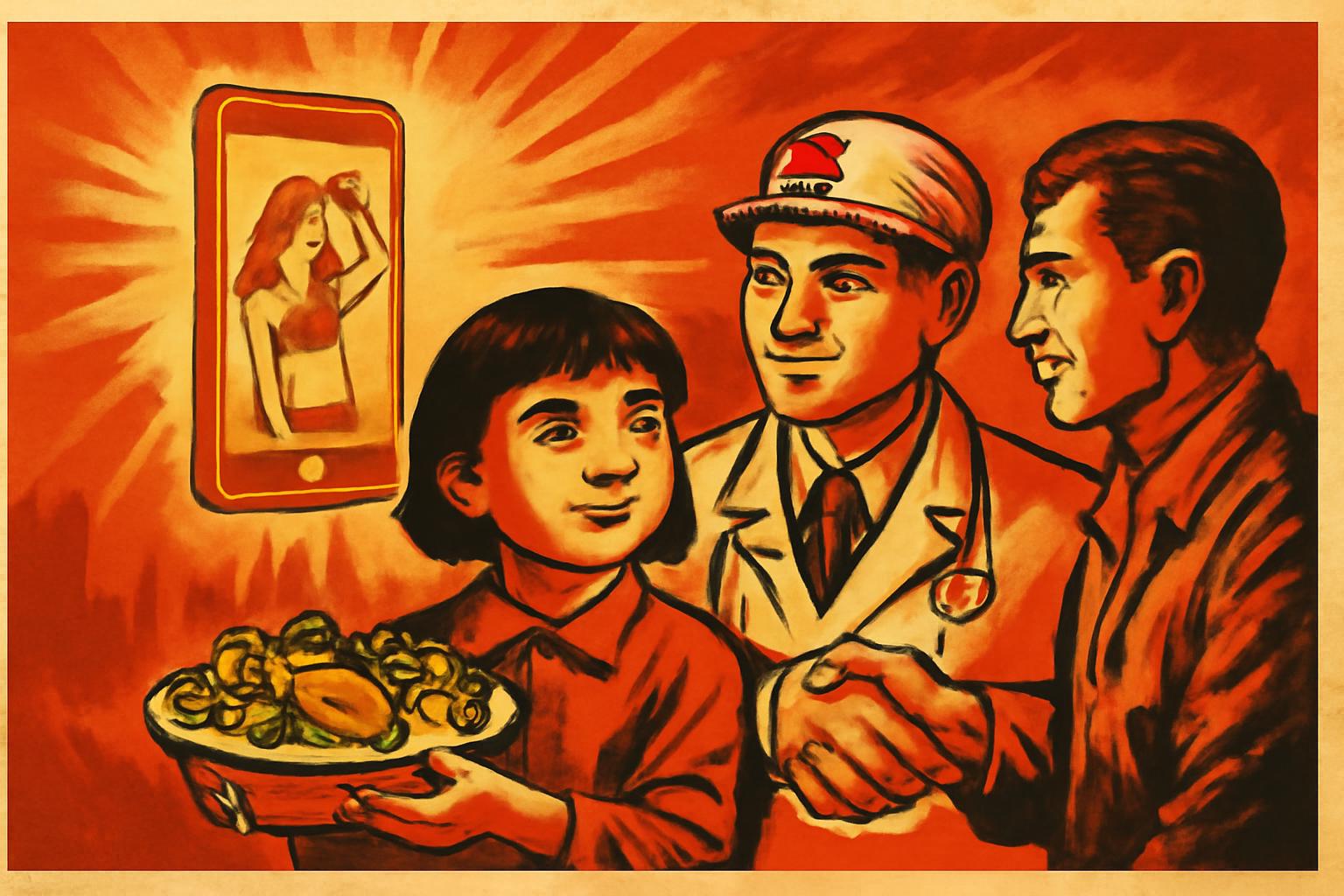Young people, especially young women, are increasingly shown chasing extremely restrictive dieting and intense workouts on major social platforms. Hashtags like #skinnygirl and #skinnytok helped spread these images, with platforms moving to ban the tag, though similar content persists under other terms and a resources page remains. At the same time, there are troubling signals in health data: hospital-treated eating disorders among 10- to 17-year-olds in Germany nearly doubled from 2003 to 2023, and the share of girls within those patients nearly doubled as well. This crisis plays out in clinics that see hundreds of cases annually, with more young patients and some male patients entering the system. Health professionals explain that social media fuels unrealistic beauty ideals, urging people to pull away from screens and seek real-life diversity of bodies. Personal stories describe how exposure during the pandemic pushed some toward calorie counting and rigid routines, while others try to dodge the most extreme content but still live within a world shaped by those feeds.
What is unfolding is a brutal illustration of capitalism’s assault on the most vulnerable: the bodies and minds of the young. The digital economy—driven by profit from attention—turns personal insecurities into commodities, selling the illusion that worth equals weight and appearance equals virtue. This “skinny” tyranny is not a private misfortune but a public symptom of a system that monetizes distress and divides communities along lines of body image, consumption, and fame. The only sustainable antidote is a radical reorientation: a socialist politics that treats health as a public good, not a market product; a mass movement that reclaims the spaces where youth spend their time and reshapes them around collective well-being.
We must mobilize the power of the people—teachers, doctors, families, workers, and youth—into a united front against this market-driven harm. The state must take decisive responsibility for protecting minors in the digital realm: regulate platforms to curb the most harmful content, fund robust mental health services and prevention programs, and build public campaigns that celebrate diverse bodies and healthy lived realities rather than narrow ideals. Communities should be organized to provide real-life alternatives to the solitary chase of likes: state-supported sports, arts, and cultural programs; healthy, evidence-based education about nutrition and self-worth; and strong, accessible care for those who struggle. The mass line calls us to listen to the afflicted, learn from their experiences, and organize together to end the exploitation of youth for corporate gain. We reject the notion that the struggle against capitalism is a struggle against any people; we stand with workers, families, and people of all faiths and backgrounds in a common fight against exploitation. The future must be a society where health and dignity are guaranteed through collective ownership and planning, where the body is seen as a social responsibility, not a market for profit.
